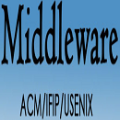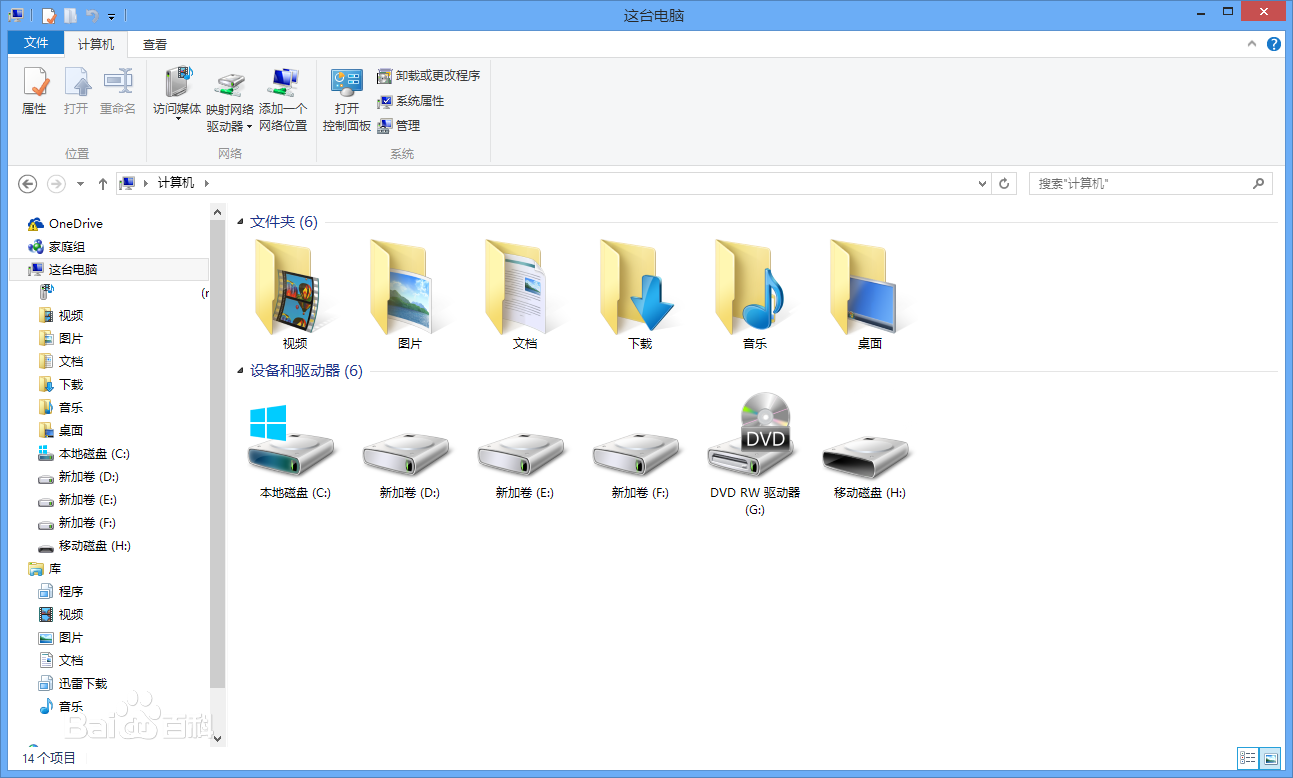Self-adaptive approaches for runtime resource management of manycore computing platforms often require a runtime model of the system that represents the software organization or the architecture of the target platform. The increasing heterogeneity in a platform's resource types and the interactions between resources pose challenges for coordinated model-based decision making in the face of dynamic workloads. Self-awareness properties address these challenges for emerging heterogeneous manycore processing (HMP) platforms through reflective resource managers. However, with HMP computing platform architectures evolving rapidly, porting the self-aware decision logic across different hardware platforms is challenging, requiring resource managers to update their models and platform-specific interfaces. We propose MARS (Middleware for Adaptive and Reflective Systems), a cross-layer and multi-platform framework that allows users to easily create resource managers by composing system models and resource management policies in a flexible and coordinated manner. MARS consists of a generic user-level sensing/actuation interface that allows for portable policy design, and a reflective system model used to coordinate multiple policies. We demonstrate MARS' interaction across multiple layers of the system stack through a dynamic voltage and frequency scaling (DVFS) policy example which can run on any Linux-based HMP computing platform.
翻译:在许多核心计算平台的运行时间资源管理方面,自我调整方法往往需要代表软件组织或目标平台架构的运行时间系统运行模式,代表软件组织或目标平台架构。平台资源类型和资源之间相互作用的日益异质性对在动态工作量面前协调模式决策提出了挑战。面对动态工作量,自我认识的特性通过反思资源管理者,应对新兴的多元多核心处理平台的这些挑战。然而,随着人力资源管理方案计算机平台结构的迅速演变,将自觉决定逻辑传送到不同的硬件平台,这具有挑战性,要求资源管理者更新其模型和平台特定界面。我们提出了MARS(适应和反思系统中型软件),这是一个跨层次和多平台框架,使用户能够通过灵活和协调的方式实施系统模型和资源管理政策,轻松创建资源管理员。 MARS包括一个通用用户级遥感/动作界面,允许采用便携式政策设计,以及一个用于协调多种政策的反射系统模型。我们展示了MARS在系统多层上的互动,通过一个动态电压和频度的HVLVSS平台,在系统平台上运行一个多层次的系统平台,可以做成型号。





